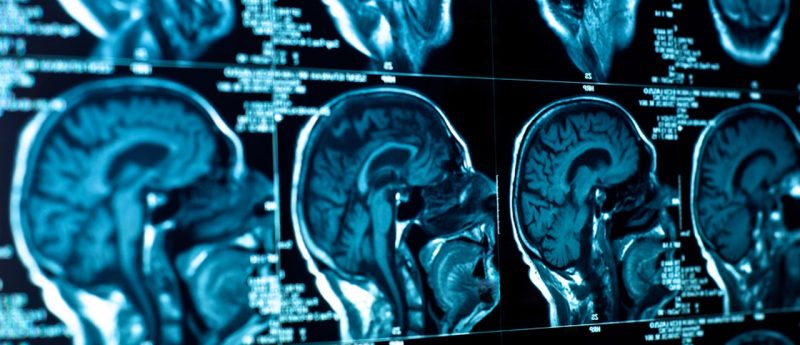Novel immunotherapeutic technique holds promise for brain tumor therapy

Infusion of engineered T-cells into the brain produces significant glioblastoma regression and enhanced survival time
A case study published in the New England Journal of Medicine has demonstrated promising early results following the utilization of a novel immunotherapeutic technique for the treatment of cancer. In the study, a patient with recurrent multifocal glioblastoma enrolled in a clinical trial at the City of Hope Beckman Research Institute and Medical Center (CA, USA) received chimeric antigen receptor (CAR)-engineered T-cell therapy.
CAR T-cell therapy involves the collection and genetic re-engineering of patient T-cells to produce chimeric antigen receptors on their surface. These CAR T-cells are then expanded in the laboratory and infused into the patient, where they multiply and target specific cancerous cells.
This treatment method has been used previously in patients with blood cancers such as leukemia however its value in solid tumors is yet to be determined. The City of Hope clinical trial is therefore the first to use CAR T-cell therapy for the treatment of brain tumors.
In this case report, following surgical removal of the patient’s three largest tumors, the patient received multiple six weekly infusions of CAR-engineered T cells targetting the tumor-associated antigen interleukin-13 receptor alpha 2. The infusions were administered into the resected tumor cavity followed by infusions into the ventricular system over a period of 220 days.
Following treatment, all intracranial and spinal tumors demonstrated significant regression which lasted for 7.5 months following initiation of CAR T-cell therapy. While new tumors requiring radiation treatment have emerged in different areas of the patient’s brain and spine since, the significant increase in the patient’s survival time is regarded as highly impressive.
Importantly, this case study demonstrated that this therapy was safe in this patient and while this research is in its early stages, these promising results highlight the potential of this novel therapeutic technique and pave the way for further study.
Sources
Brown CE, Alizadeh D, Starr R et al. Regression of glioblastoma after chimeric antigen receptor T-cell therapy. N. Engl. J. Med. doi: 10.1056/NEJMoa1610497 (2016) (Epub ahead of print); https://www.bostonglobe.com/news/nation/2016/12/28/cells-dripped-into-brain-help-man-fight-deadly-cancer/servyY87Dw6eAthJEjuUJJ/story.html